Why recruiting the right Engineers takes more than just a job description
Why winning the race for engineering talent takes more than matching skills to CVs, it demands speed, strategy, and a new way of thinking about recruitment.
In the world of engineering, nothing stands still for long. From AI-generated manufacturing to next-gen energy systems, the future is being built in real-time, and engineers are the ones building it. For employers looking to hire the talent driving that progress, the recruitment challenge is becoming more complex, not less.
At Network Recruitment, we’ve worked with engineering teams across industries and disciplines. What we’ve seen, time and again, is this: finding the right engineer isn’t just about matching CVs to job descriptions. It’s about overcoming a shifting set of technical, cultural, and structural challenges, all while competing with a global talent market that’s moving faster than ever.
Here’s what we’ve observed:
Precision meets pace: the new hiring equation
Recruiting engineers today requires a rare mix of technical discernment and strategic urgency. The most qualified candidates are in high demand, often fielding multiple offers at once. In sectors like electrical, mechanical, civil and mechatronics, delays in feedback or unclear hiring processes won’t just slow you down, they’ll ultimately cost you talent.
When you consider that many engineers are problem-solvers by nature, you understand why they respond best to hiring processes that are structured, clear, and decisive. If an offer drags or feels uncertain, high-performing candidates often assume that the work culture will mirror that indecision and move on swiftly.
We’ve seen companies lose out on ideal candidates, not due to salary mismatches or lack of interest, but because another employer moved faster and with a clearer plan.
Layered skills, limited time
Engineering roles don’t come with simple checklists. They’re layered with requirements like formal education, technical certifications, hands-on experience and - increasingly - cross-disciplinary knowledge. A controls engineer may now need to understand machine learning basics; a mechanical engineer might be expected to align seamlessly with software teams.
These requirements make screening a far more involved process. You’re not just looking for someone who can do the job; you’re looking for someone who can do it now, while adapting for what their role might become in 12 months.
The result of this shift is longer shortlists, slower assessments, and greater pressure on recruitment teams to get it right the first time. After all, in this market, there may not be a second chance.
Compliance is non-negotiable
Hiring in engineering doesn’t just require understanding various skill sets - it also requires fluency in the standards and regulations that shape the industry.
Each sector has its own distinct landscape. Think ISO certifications in manufacturing, EPC standards in civil and construction, or stringent safety compliance in mining and petrochemicals. A candidate might look strong on paper but fall short of critical requirements tied to licensure or compliance. Getting that wrong means more than a bad hire - it’s a real business risk.
That’s why we work closely with our clients to translate technical specs into recruitment criteria that are both compliant and commercially aligned. When regulatory misalignment leads to project delays or rework, everyone pays the price.
Project-based hiring, real-time demands
Not all engineering work is permanent. In fact, a large share of it is project-based, with short timelines, fixed scopes, and high pressure to deliver.
This introduces another layer of complexity: hiring contractors or temporary professionals who not only have the technical chops required, but who can also hit the ground running. These hires need to plug into teams quickly, navigate unfamiliar systems, and often work remotely or on-site under tight conditions.
In these situations, recruitment is about more than just finding the right skills - it’s about finding the right fit for a project’s tempo, team dynamic, and technical maturity.
The global tug-of-war for engineering talent
Of course, good engineers aren’t just in demand locally. They’re being courted globally.
Remote work, global project teams, and competitive relocation packages mean South African engineers are increasingly being snapped up by international companies. For local businesses - especially SMEs - this global competition creates real pressure.
To stay in the game, companies need to offer more than competitive pay. They need compelling employer brands, streamlined hiring processes, and growth pathways that speak to what today’s engineers really value: autonomy, challenge, and meaningful work.
The diversity gap still matters
Engineering is an industry that still battles with diversity across gender, race, and socioeconomic background. For organisations looking to build more inclusive teams, the challenge has shifted beyond attracting a wider pool of candidates. It’s now in creating the kind of environments where underrepresented talent can really thrive and grow.
This requires more than policies; it demands intentional hiring, thoughtful onboarding, and inclusive leadership. And yes, it means working with recruitment partners who understand how to surface talent outside of traditional pipelines.
Balancing experience with potential
A classic hiring dilemma: do you go for the experienced candidate who can deliver from day one, or the junior engineer with long-term potential and a fresh perspective?
In our experience, the best teams strike a balance. Senior engineers provide stability and mentorship; juniors bring energy, adaptability, and hunger to learn. But getting this mix right means thinking beyond the immediate hire—it means building a pipeline and a culture that can grow capability, not just buy it.
Retention is the second battle
Securing a great engineer is one thing. Keeping them is another.
In high-demand markets, counter-offers are common, and engineers know their worth. They expect meaningful work, career progression, and ongoing learning - not just a paycheck.
For this reason, the post-hire experience matters just as much as the recruitment process. The candidates we place stay longer when they feel valued, challenged, and part of something bigger than the role itself.
Smarter engineering recruitment starts here
The stakes in engineering recruitment are high, but so are the rewards. The right engineer doesn’t just fill a gap - they build capacity, drive innovation, and shape the future of your business.
At Network Recruitment, we bring sector expertise, market insight, and a performance-driven approach that aligns precision with pace. Because the right engineer at the right time can change everything. Let’s work together to make that hire.
If you’re ready to rethink how you recruit engineering talent - faster, smarter, and with market reality in mind - we’re ready to partner.
We know people. We know engineering. And we know how to connect the two.
Add your title here
This is a paragraph. Make sure the title suits the content of this text.


